Most of the time, judge calls have a clear cut answer. Rules questions, most player Whoopsie Doodles, what to do if someone needs to use the restroom…these are usually pretty black-and-white.
Occasionally, however, we come across a situation that has some more nuance to it. A spot where even experienced, well-practiced judges might strongly disagree with each other on the appropriate infraction, penalty, and fix for a situation. Today I’m going to dig into one: ambiguous card names.
Decklists are used to make sure everyone in a tournament plays the same cards throughout the whole event. When a player registers something on a decklist that isn’t what they intended to play, we have a problem. When a decklist says Card A and is supposed to say Card B, we issue a Game Loss and correct the list. But what should we do when a player hasn’t just written the wrong card – they’re written something ambiguous?
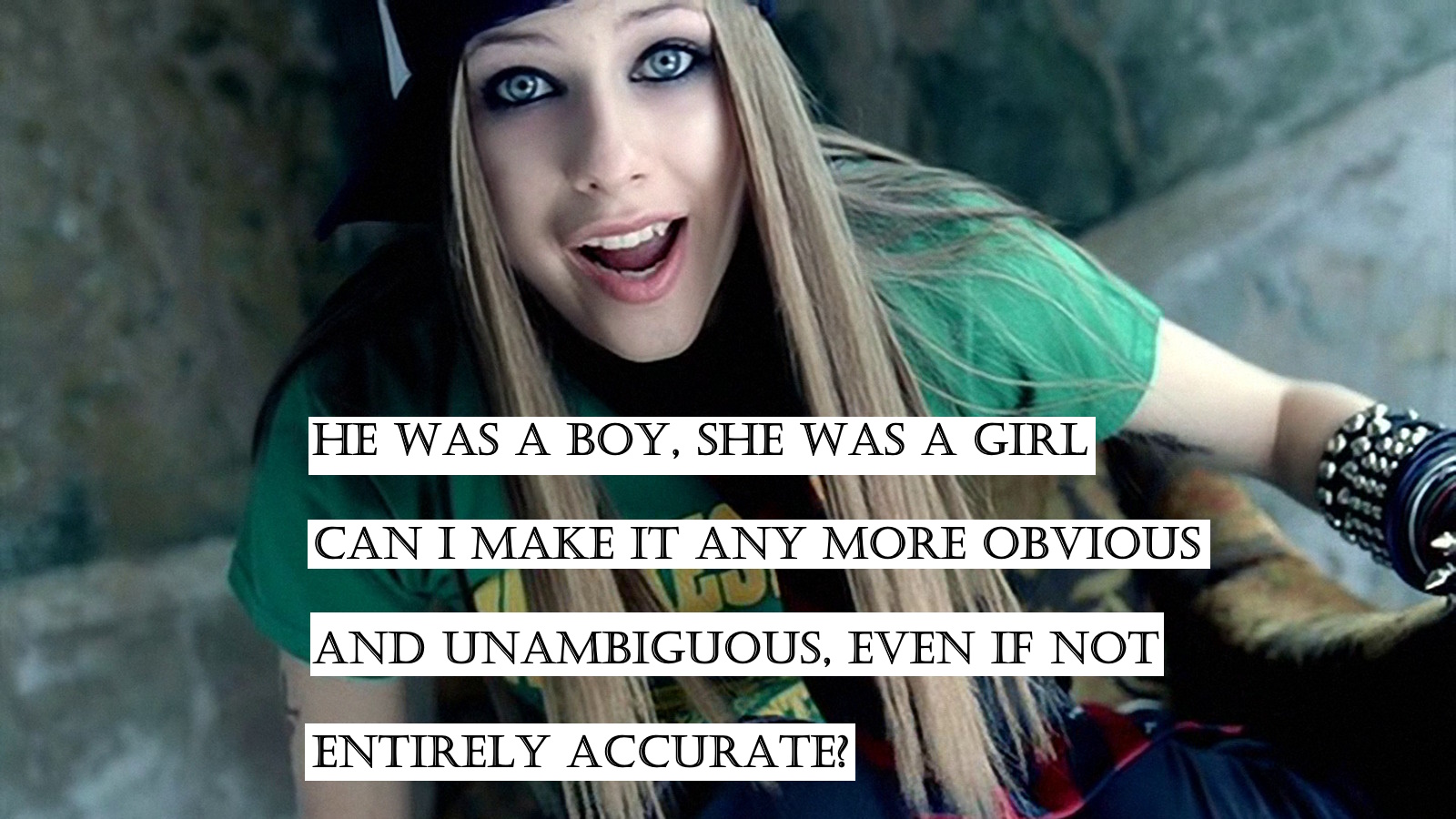
The main bit of the docs I’m going to discuss today comes from the IPG 3.4 – Decklist Problem. A paragraph in Philosophy reads:
The Head Judge may choose to not issue this penalty if they believe that what the player wrote
on their decklist is obvious and unambiguous, even if not entirely accurate. In Limited tournaments, the Head Judge may choose not to issue this penalty for incorrectly marked basic land counts if they believe the correct land count is obvious. This should be determined solely by what is written on the decklist, and not based on intent or the actual contents of the deck; needing to check the deck for confirmation is a sign that the entry is not obvious.
The TLDR here is that if the HJ knows what the card is by looking at the list, they don’t have to issue a Game Loss. If the HJ wants to take a look at the deck to confirm their suspicions, its a Game Loss.
I’m going to lay out some more thoughts and examples through the rest of this article, but really, that’s it. If you know what the card on the list is, don’t give a game loss. If you don’t know, then you should issue the game loss. It’s easy to get lost in the weeds on this one but just remember this central bit and don’t overcomplicate it and you’ll be fine.
Notably, if the HJ thinks they know what the card is, not issuing this Game Loss is not a deviation because it is explicitly allowed by policy. Two judges might disagree on whether or not to issue a Game Loss for a given decklist, but that doesn’t mean one is following policy and the other is deviating.
Depending on the size of the event, the authority to be the final call on what’s obvious and isn’t is often delegated to the Team Lead for the Checks team – but even then, it’s reasonably common for the HJ and TL to speak before the event to make sure they agree on what “obvious” means.
The underlying logic here is that players need to play the same cards throughout the whole event. They can’t show up to the tournament, play a few rounds, see what else is there and is being played, and then change things around mid-event. If the list is ambiguous about what cards they are playing, players could swap cards around, and negatively affect tournament integrity.
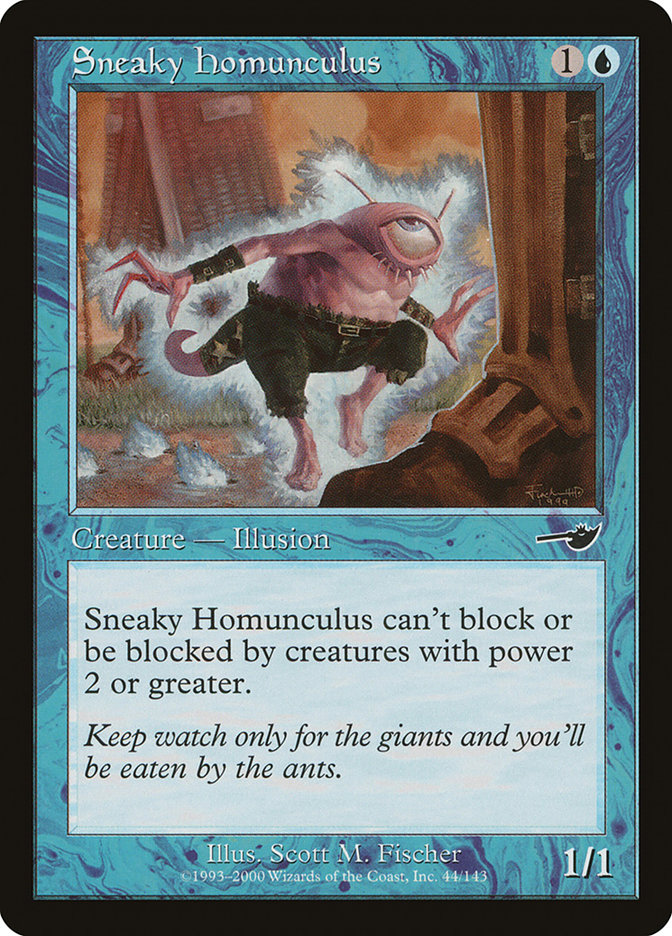
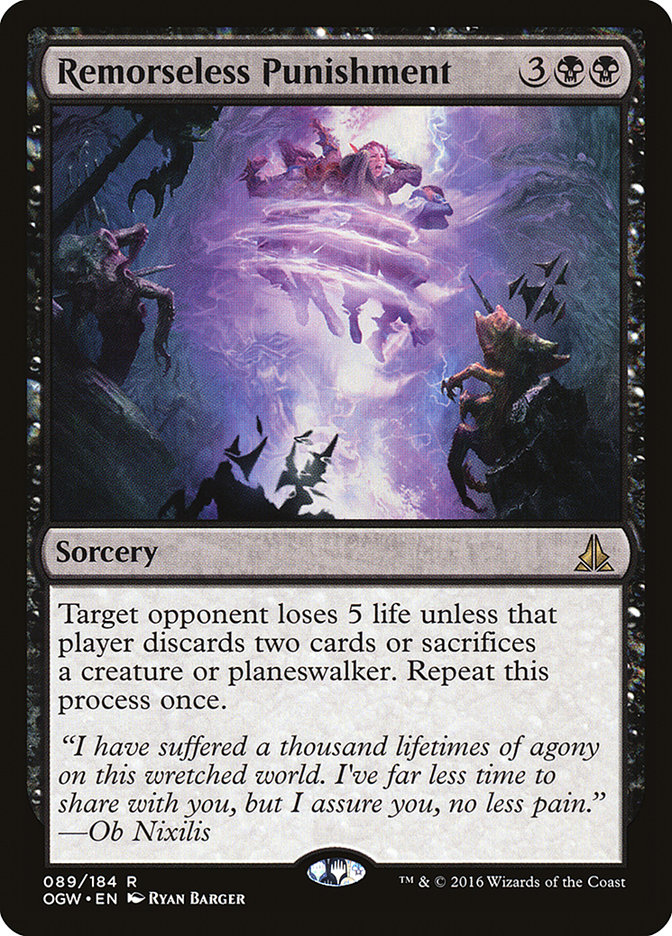
On the flip side of that coin, we don’t want to bring the hammer down on players for clerical errors. Issuing penalties for simple misspellings, writing a land under the “creature” header, or so forth is not helping anybody. Handing out a pile of undeserved Game Losses can affect tournament integrity just as negatively as letting players change up their lists.
Planeswalkers and other legendary permanents
One of the most common ways for a decklist to be ambiguous is when a player only writes out half the card name. Every set gives us a new central character and a villain, and there’s always a lot of card names like XYZ’s Spell and ABC’s Minion.
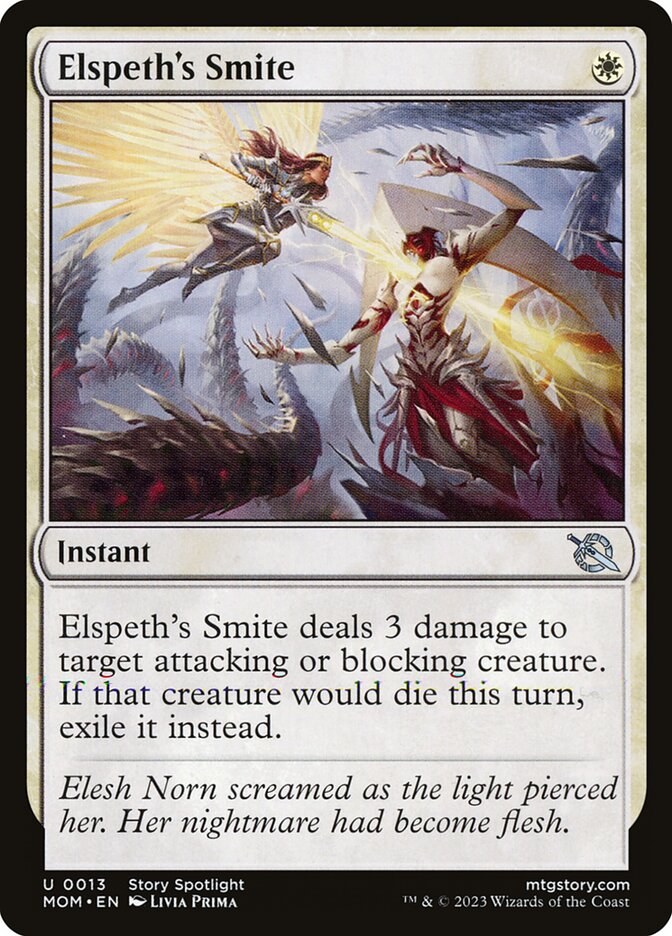
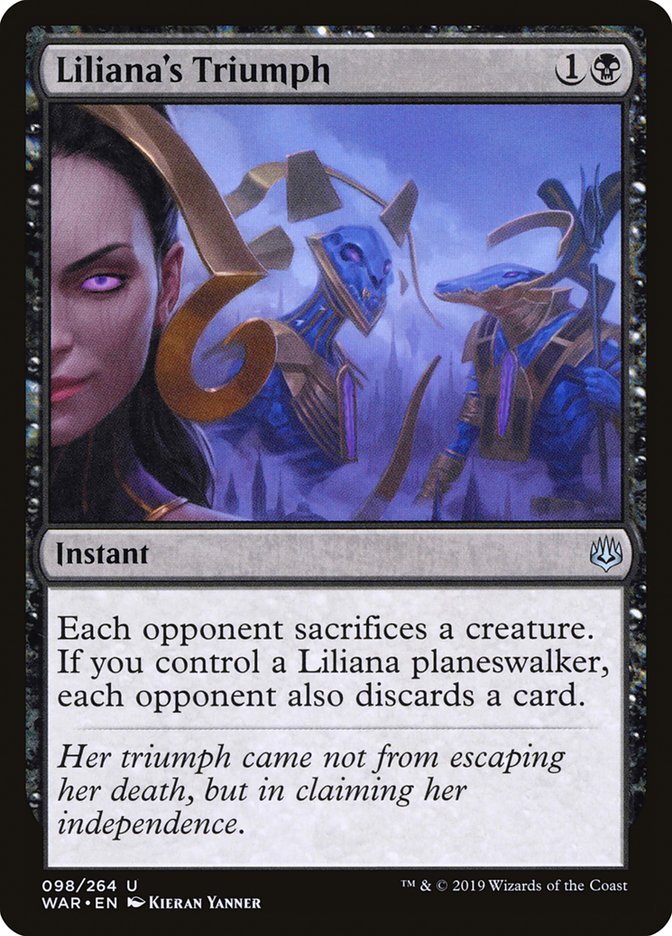
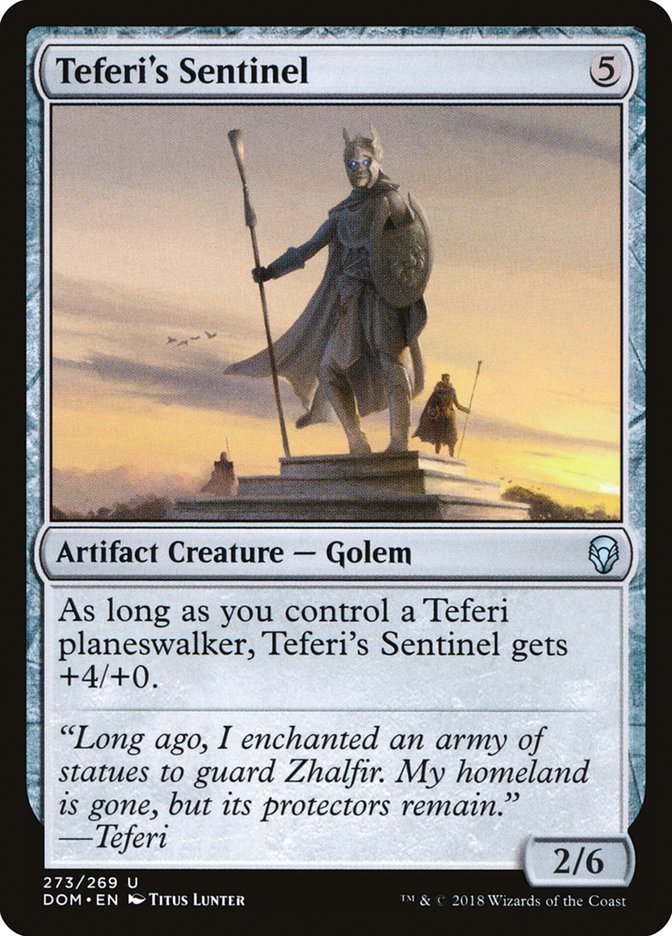
It’s pretty common for players to shorten card names, especially for legends and planeswalkers, so there’s a specific carve out in policy to address those:
Truncated names of storyline characters on decklists (planeswalkers and other legendary permanents) are acceptable as long as they are the only representation of that character in the format and are treated as referring to that card, even if other cards begin with the same name
IPG 3.4
Giving a pile of punitive game losses for this sort of thing, on the argument that we didn’t know what card was meant, would be like talking to someone about Star Wars and pretending to be confused when they said “Luke” instead of “Luke Skywalker.” There’s only one Luke! You know which Luke they mean. So, when there’s only one “Luke” in the format, it’s ok to not give the game loss even though what’s written on the decklist didn’t spell out the complete, full “Luke Skywalker.”
This means that in a Standard tournament, a player writing “Thrun” on a decklist is not a problem even though there is no card named simply “Thrun.” There are two cards that turn up for a search for “Thrun”: Thrun, Breaker of Silence, and Thrun, the Last Troll. The latter is not legal in the format so we can disregard it, which just leaves the one option that the player’s “Thrun” on a decklist could refer to.
This policy falls apart when there are multiple legends that could be referred to by a shortened name. Continuing the Thrun example: if the event were Modern instead of Standard, then either version of Thrun would be legal to play, so a decklist saying “Thrun” would be ambiguous. Not issuing a penalty here could allow a player to play one Thrun for one round, then change it to the other the next round.
Nicknames
Legends and Planeswalkers are allowed to be referred to by a shortened name because it’s still clear what card is meant by the truncated text. The same logic applies when a card has a common nickname.
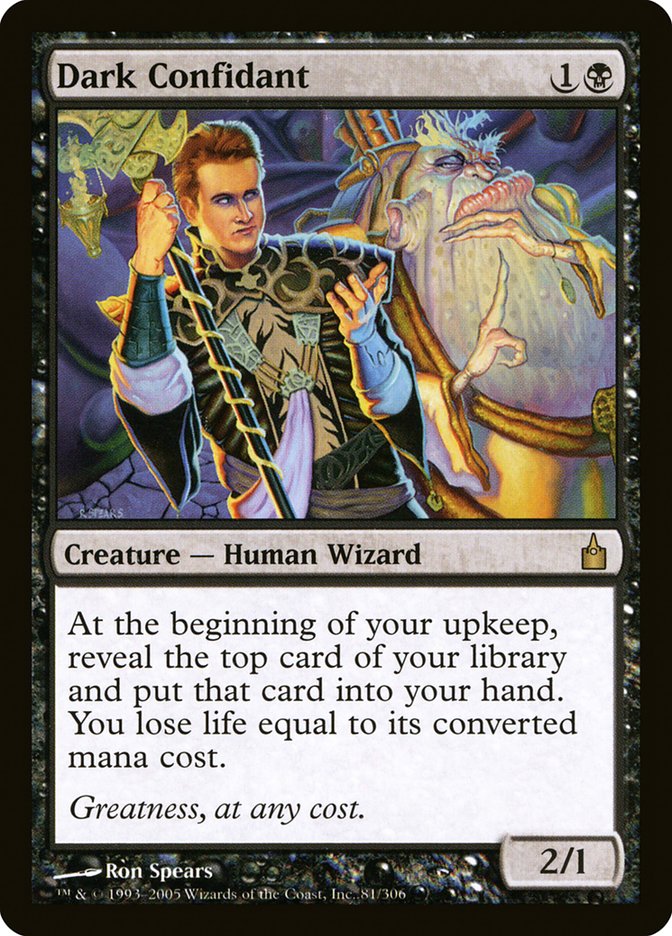
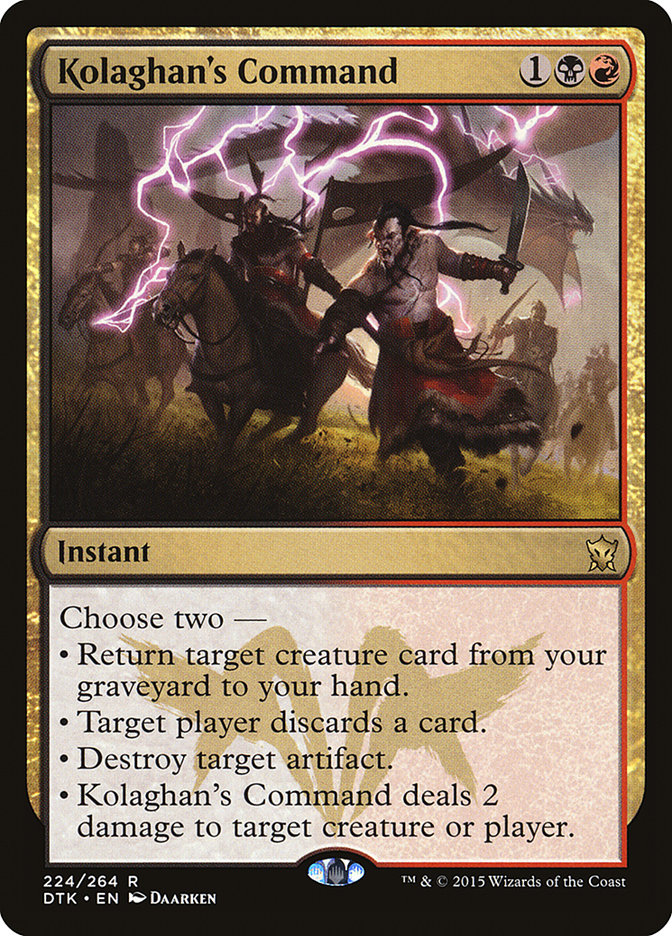
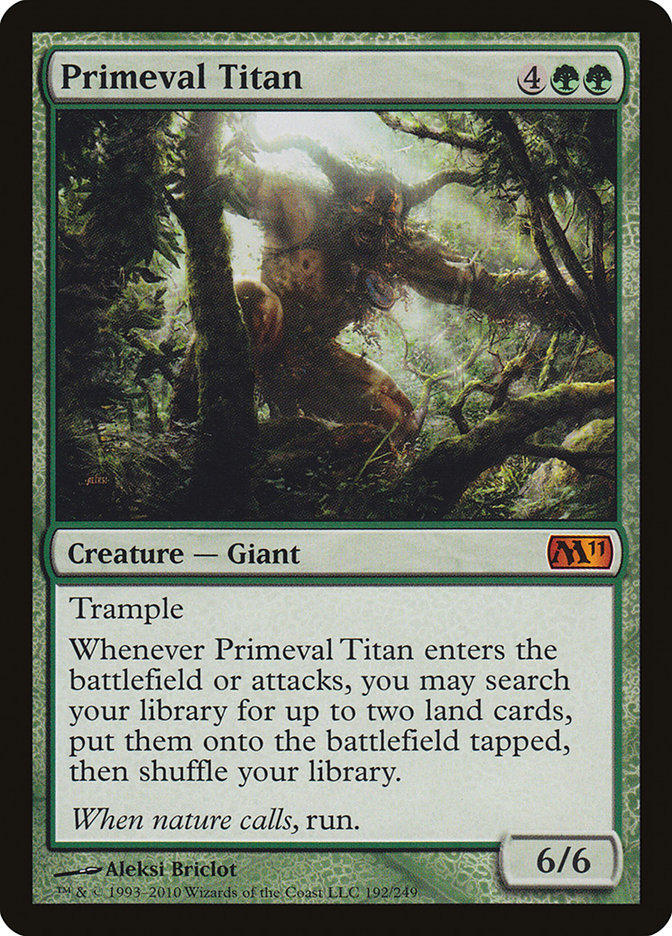
Depending on how plugged into a particular community a judge is, they might be more or less familiar with these example nicknames. That’s a risk the player takes when they write something that isn’t the proper, full name for the card on the decklist – they might get a judge who hasn’t heard the name before. The player is opening the door to getting a game loss from a judge who is not familiar with the nickname, but if you as a judge still know what is meant by a nickname, you don’t need to issue a penalty.
This comes back to the philosophy mentioned before: “The Head Judge may choose to not issue this penalty if they believe that what the player wrote on their decklist is obvious and unambiguous, even if not entirely accurate.”
A common mistake here is being overly focused on consistency. Consistency is a core goal in judging; we want players all over the world who commit the same infraction to get the same fix, so they know what to expect. It is bad if GRVs are handled one way in Paris, another in Chicago, and a third way in Tokyo.
That said, focusing too strongly on consistency here will lead to nonsensical, draconian punishments. If a judge plays a lot of modern and knows “K Command” means “Kolaghan’s Command,” it would be overly punitive for them to punish a player just because Kayla’s and Krenko’s Commands exist.
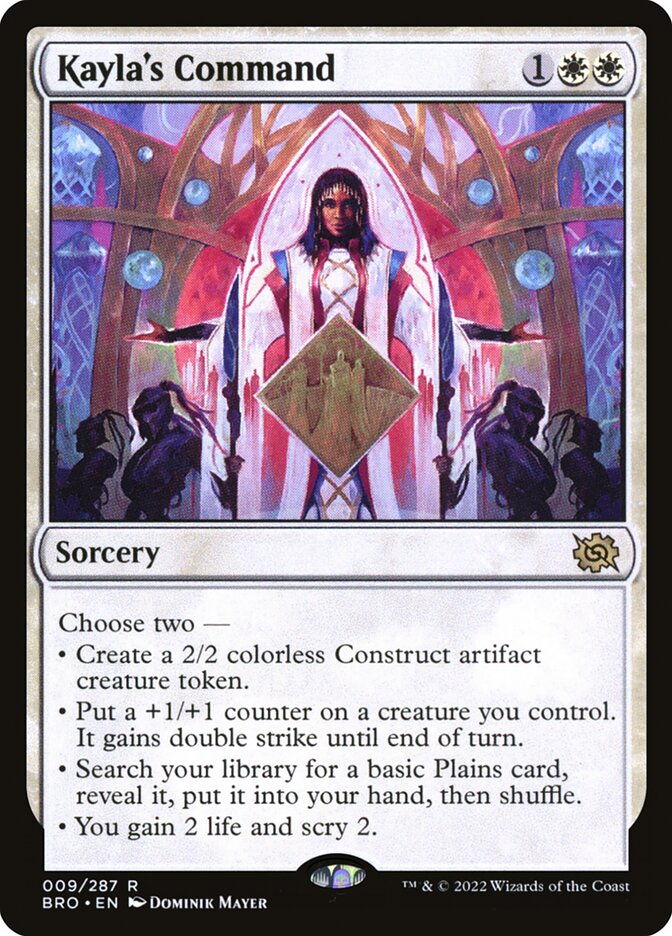
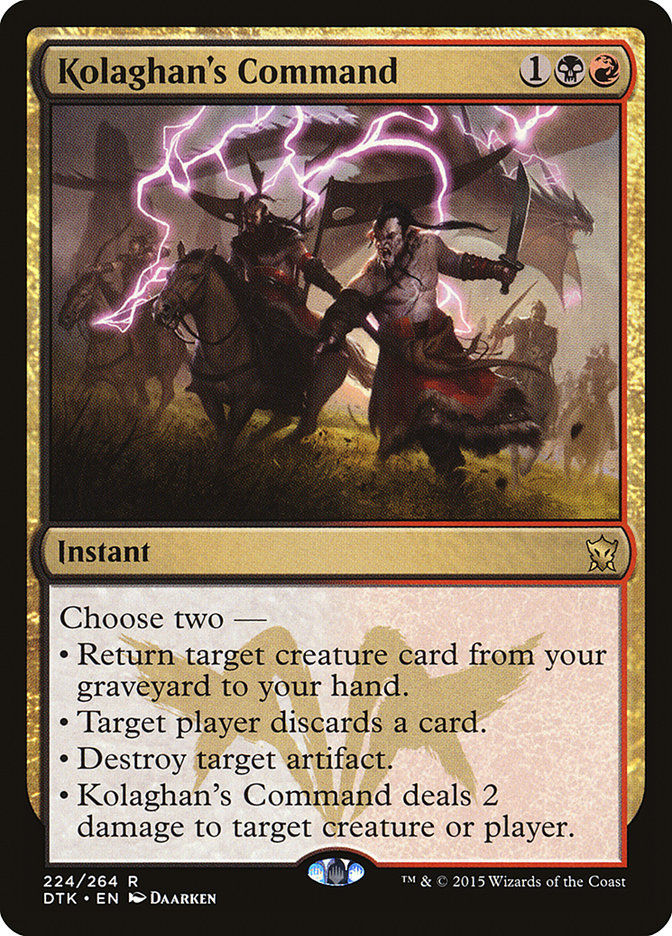
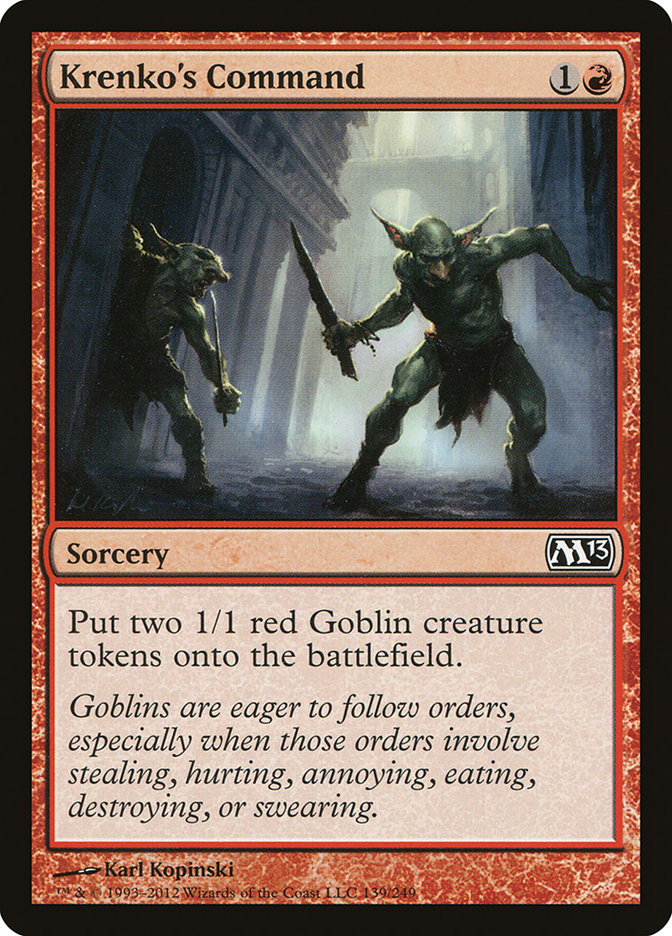
That doesn’t mean that a judge who doesn’t know the format would be wrong to issue the game loss for “K Command.” If someone doesn’t know what card is meant by what’s written on the decklist, the appropriate penalty is a game loss.
Some judges find this apparent lack of consistency problematic, and want to issue the game loss for things like “K Command” even when they know what card is meant on the decklist. The common argument for that goes something like this: “I know what card they mean here, but some other judge who doesn’t play as much of the format would not, and they would issue the game loss, so I need to issue a game loss to be consistent.”
Here’s the thing, though: the policy explicitly says that a HJ doesn’t need to issue a penalty if they know the card. WotC could remove the possibility for any inconsistency pretty easily if they wanted to; the policy could just say “anything that isn’t a full, complete, legal card name will result in a game loss.” But that’s not what the IPG reads. WotC has deliberately written the policy to allow for some inconsistency from judge to judge because that is better than giving a game loss for every minor clerical error or nickname.
In Conclusion
There are a lot of ways for decklists to be inaccurate, but thankfully, moving toward online decklist submission is cleaning up a lot of them. As long as any tournaments allow for any paper decklists, however, players are always going to find a way to write something that isn’t a full, complete card name.
It’s easy to go down a rabbit hole on these discussions, but at the end of the day the policy is not too hard to remember: If you know what card the list means, it should not be a game loss, if you don’t know what card the list means then issue the penalty.

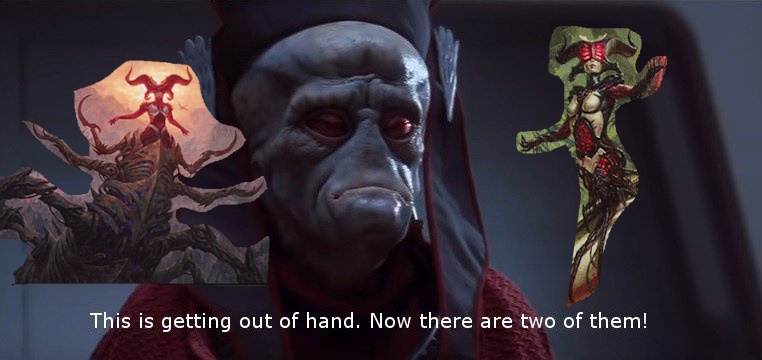
Great article, Brook! I think your reminder that a judge doesn’t need to GL because he thinks another judge might need to GL is a good one that many folks will benefit from reading.
I was surprised you didn’t link Toby’s definitive piece on the issue (https://blogs.magicjudges.org/telliott/2014/05/27/of-course-they-do-it-must-be-obvious/) to see if the heuristics he laid out a decade ago still apply or if we should reexamine them. Maybe a part two?